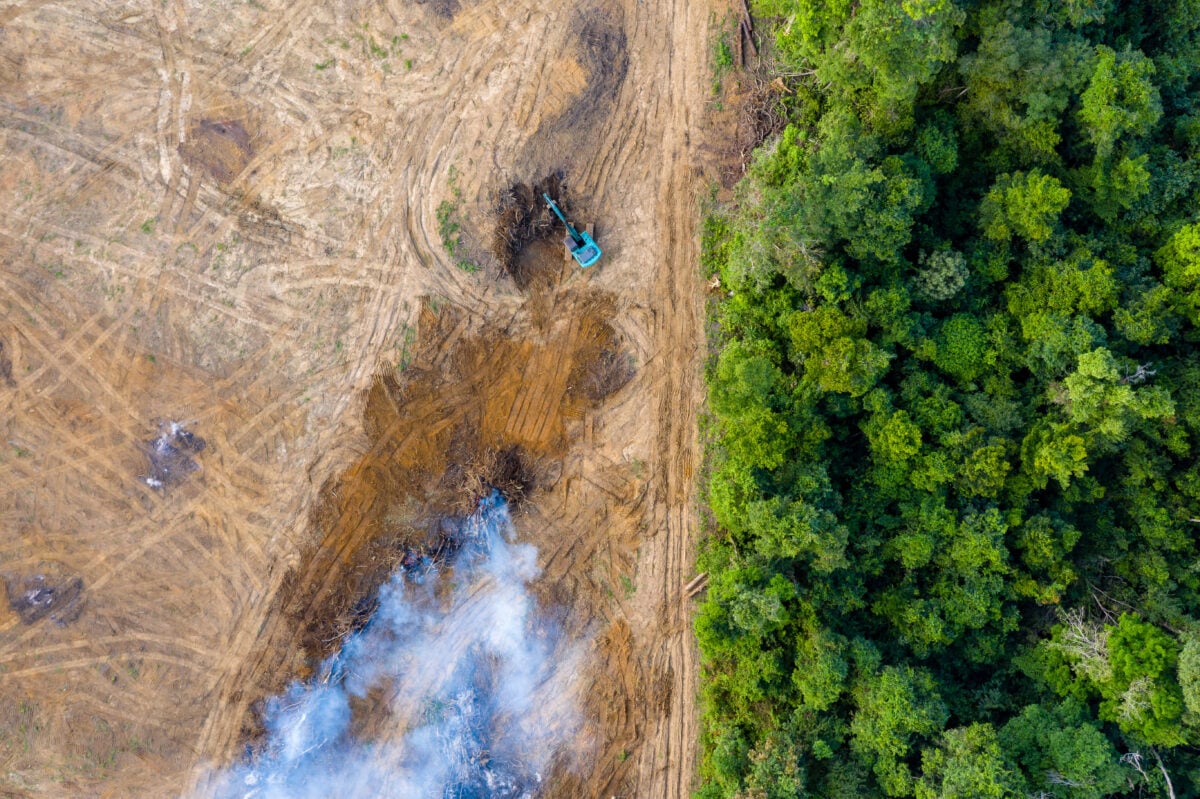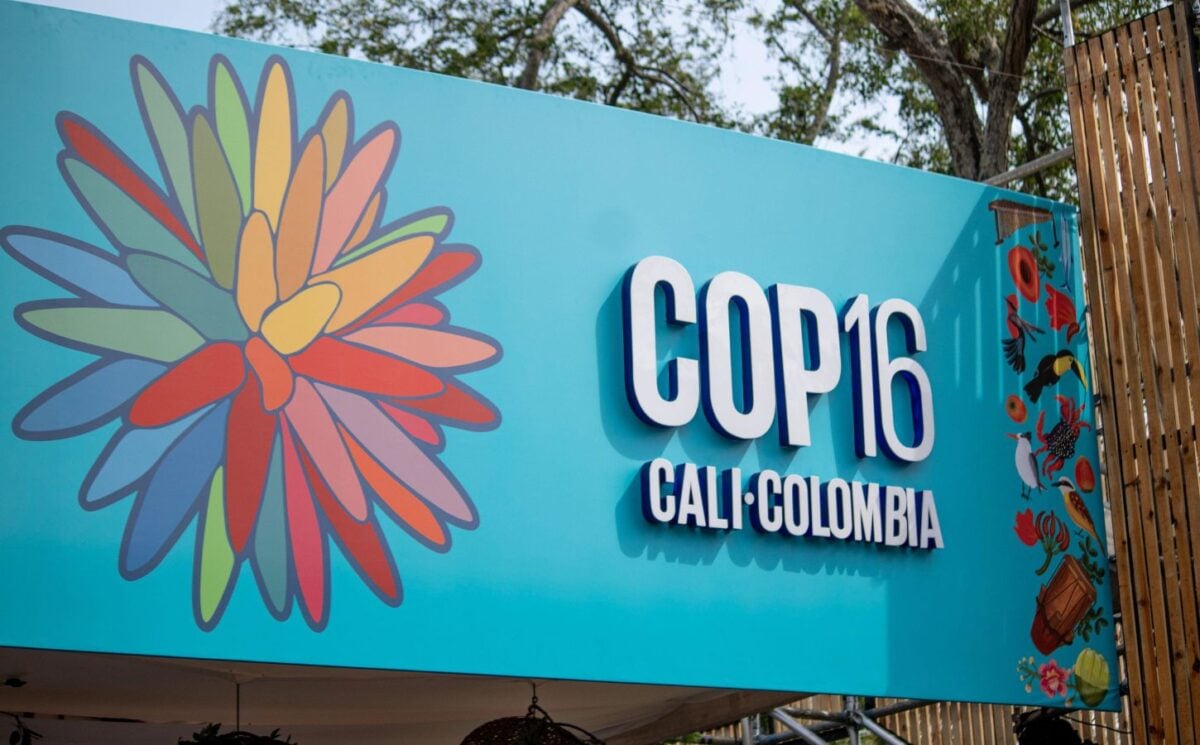The number of industry lobbyists at the UN’s Cop16 Biodiversity Summit was more than double that at the previous summit, a DeSmog analysis has found.
Read more: New Study Names Biodiversity Loss As The Main Driver Of Infectious Disease Outbreaks
Groups from agribusiness, fossil fuels, pharmaceuticals, tech, and food and beverage processing all sent more people this year, bringing the total of industry delegates to 1,261. More than a dozen were registered as delegates with countries including Brazil and Canada rather than as representatives of their industries. With 33 delegates, big food and agriculture companies such as Nestlé and Cargill nearly doubled their attendees this year.
After a landmark deal for nature was struck at Cop15 in 2022, talks at Cop16 ended with little progress on key points of action. These include funding for nature and decreasing subsidies for environmentally harmful industries. Other Cop16 participants say it’s hard to know if industry presence is to blame. But agriculture and fossil fuel companies have been found to use tobacco industry tactics to delay environmental action and regulation that would force them to change their practices.
“We certainly saw a stronger lobbying push for policies that favour agricultural productivity, and that clashed with the conservation goals and the position of civil society,” Oscar Soria, director of the Common Initiative thinktank, told the Guardian.
Meat’s impact on biodiversity

The meat industry is the leading cause of habitat destruction globally as it uses so much land — half of the world’s habitable land — for grazing animals and growing animal feed. As such it has a massive negative impact on biodiversity.
Implementing measures to reduce meat consumption is therefore crucial to ease pressure on the natural world. But so far no concrete efforts to do so have been agreed at the UN biodiversity summits. Beef, the most environmentally destructive food, was even on the menu at Cop16.
Read more: Aquaculture Kills More Wild Fishes Than Previously Thought, Study Finds
Pesticide companies, which had a significantly increased presence at Cop16, also stand to benefit from this lack of action on the meat industry. This is because almost half of pesticides used globally are sprayed on the main animal feed crops, soy and corn. Industrial use of pesticides is a leading cause of biodiversity loss.
“What you see here are two COPs,” Ioannis Agapakis, a lawyer with ClientEarth, told DeSmog. “One where powerful interests have arrived to talk about how to legitimise destruction they are causing; and another where the Indigenous representatives are talking about the great human rights violations, and biodiversity destruction they are facing as a result.”
Read more: Wildlife Populations Have Plunged 73% In 50 Years






